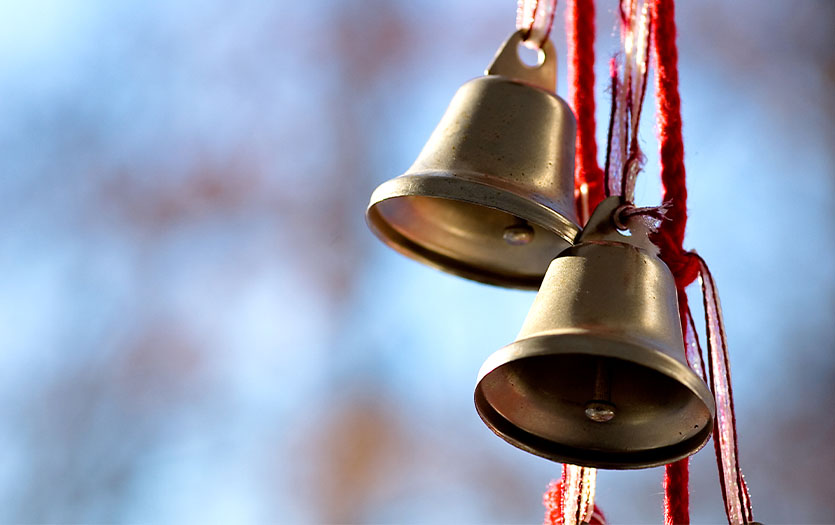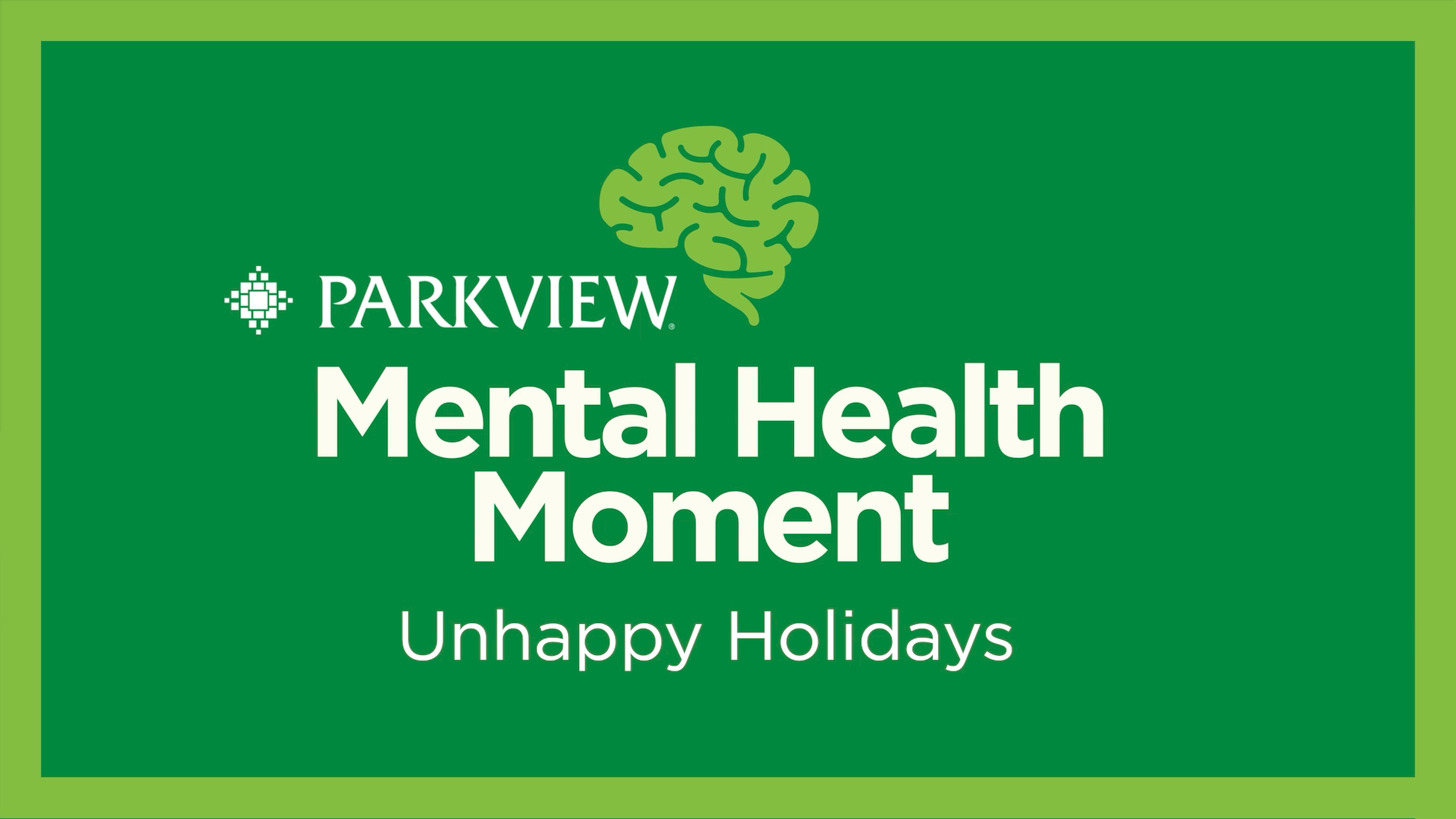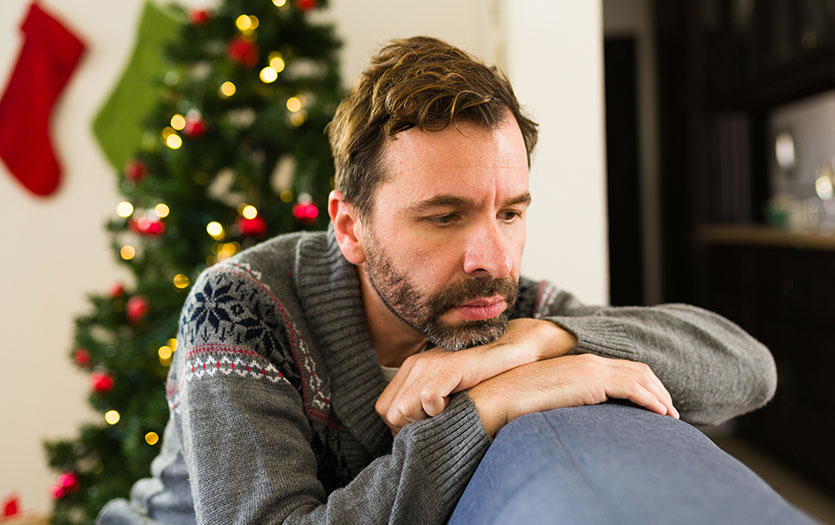
According to the Anxiety and Depression Association of America, anxiety disorders are the most common mental illness in the United States, affecting 40 million adults. While many people are dealing with anxious feelings internally, there are often no obvious signs that they are struggling externally. Here, we’ll discuss the common condition, how to know if you need extra support and some strategies that can help you cope when anxious feelings arise.
What is anxiety? What is an anxiety disorder?
Anxiety is an uncomfortable feeling of fear, uneasiness or concern that something bad may happen. It can cause physical symptoms such as trembling, shaking, muscle aches, restlessness, insomnia, rapid heartbeat, sweating and clammy hands.
We all have moments of anxiousness and uncomfortable fears, but when those feelings start to become extreme or interfere with daily life, you might be dealing with an anxiety disorder, which is a type of mental illness. Anxiety disorders can be treated with medication, such as antidepressants or anti-anxiety medicine, and/or professional counseling.
There are many types of anxiety disorders, but two of the most common are:
- Generalized anxiety disorder – This involves several months of ongoing physical symptoms that occur along with anxiety.
- Panic disorders – These involve repeated episodes of sudden fear and feelings of danger or impending doom, along with physical symptoms.
Lifestyle changes to reduce anxiety
In addition to professional and medical treatments, making changes to your everyday habits and routine can have a big impact on your anxiety symptoms or panic attacks. Here are four areas where healthy adjustments can provide immense benefits.
Be kind to your body.
- Try to get at least 30 minutes of physical activity on most days of the week. Walking is a great option that’s free to everyone and can be done almost anywhere.
- Eat a healthy diet, including fruits, vegetables, lean proteins and whole grains.
- Get enough rest. Try to go to bed at the same time every night and aim for eight hours of quality sleep.
- Avoid alcohol, caffeine, nicotine, marijuana and illegal drugs. These can increase your anxiety and intervere with sleep.
Engage your mind.
- Learn and practice relaxation techniques. These may include guided imagery, intentional breathing and progressive muscle relaxation.
- Get out and do something you enjoy! Go see a funny movie or take a walk or hike.
Make a plan to handle worries.
- Plan your day. Having too much or too little to do can lead to feelings of anxiety.
- Go to your counseling sessions and follow-up appointments.
- Recognize and accept your anxiety. Then, when you are in a situation that makes you anxious, say to yourself, "This is not an emergency. I feel uncomfortable, but I am not in danger. I can keep going even if I feel anxious."
- Learn how to handle negative thoughts. Healthy thinking can help you prevent or control anxiety.
Find support.
- Discuss your fears with a good friend or family member. Talking to others sometimes relieves stress.
- Get involved in social groups, volunteer to help others or join a support group. Being alone sometimes makes things seem worse than they are.
Remember, if your anxiety is getting in the way of work, relationships or daily life, it’s time to talk to your doctor.
Copyrighted material adapted with permission from Healthwise, Incorporated. This information does not replace the advice of a doctor.



